Cumin is a spice with quite a sharp taste. That's why it's best to use it sparingly in dishes, otherwise it can very easily take over the flavors of the food and you won't be able to sense anything other than the aroma of cumin. In addition, larger quantities of the spice can cause inflammation of the stomach lining and increase appetite.
Of course, cumin also provides many benefits for the body - the spice strengthens the immune system, boosts breast milk supply. Cumin is exceptionally suitable for consumption by people who have a high level of insulin in the blood.
Plus, the aromatic spice soothes intestinal spasms and gets rid of gas. The oil extracted from cumin seeds boosts the body's defenses and is used for different kinds of allergies.
Cumin has a proven effect against allergies caused by pollen and dust - people suffering from them know that the spring and fall months are the toughest. The spice also helps against neurodermatitis.
Cumin helps relieve common allergy symptoms such as watery eyes, constant sneezing and others. Treatment with cumin is not recommended during pregnancy and use while breast-feeding must happen under medical supervision. Besides cumin, other herbs also help treat allergies.

Nettle is among the most popular in this regard - it helps thanks to the histamine contained in the herb. Make an infusion of 1 tbsp nettle in 2 cups boiling water and once it cools - strain it. Drink this mixture in 3 doses, it's best to take it half an hour before meals.
Another herb effective against allergies is sticklewort. It's used topically - wash the area with a concoction of the herb. The herb is also extraordinarily effective against red eyes caused by long hours working on the computer, as well as eyelids swollen due to allergic reaction.
Liquorice is another herb suitable for spring allergies. You need 2/5 tsp of the herb to put in 4 1/5 cups of boiling water. Remove from the stove and leave the herb in the water for 15 min. Then strain and drink 3 times a day in equal doses.
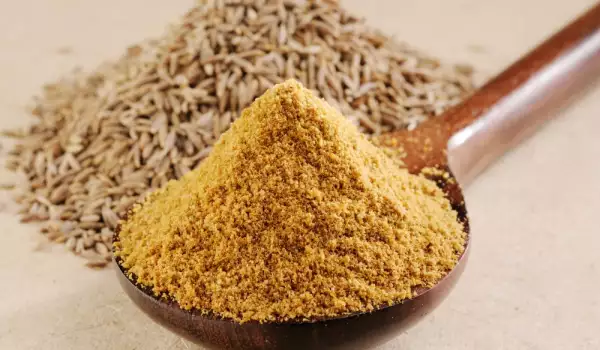




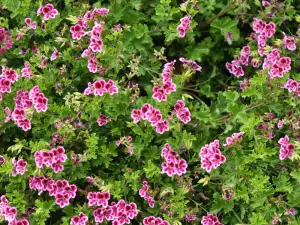
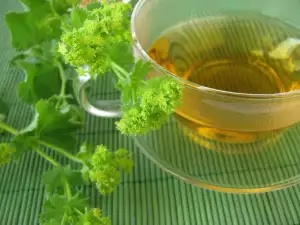



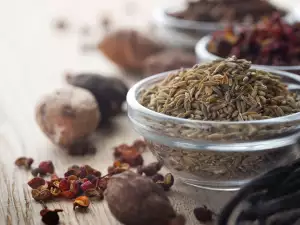

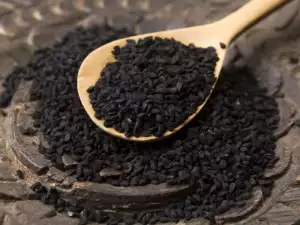
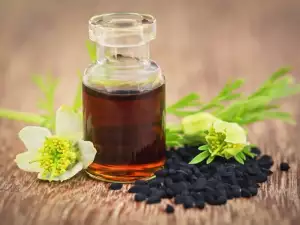

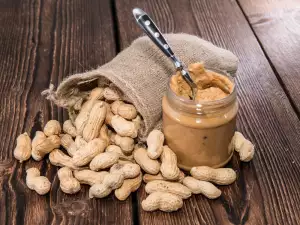




Comments